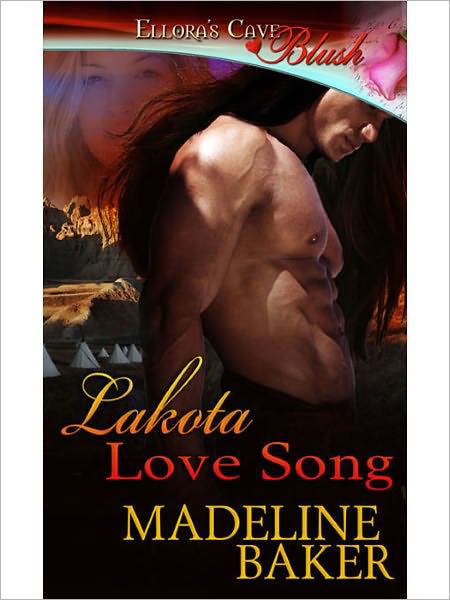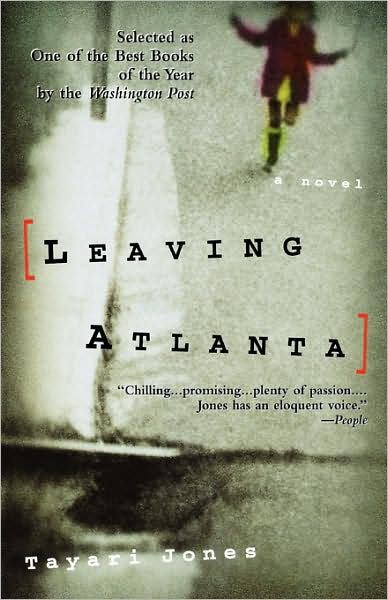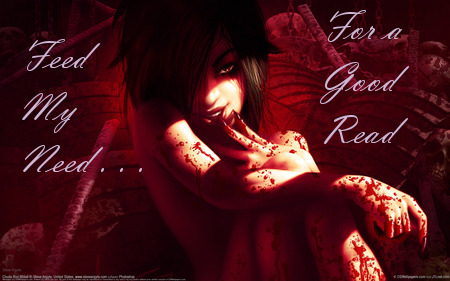After reviewing over my historical romance books that I wrote when I was younger, I really started thinking about these stereotypes of Native Americans in historical romance. These buff strong Native men who usually fall in love with the European women. You know the type of story I'm talking about.

These men grace our shelves virtually and on literal shelves that promote this Native American man as a strong warrior. Or even a half breed who is literally stuck between two worlds only to be partially accepted in one world.
By putting these men on our shelves, are we promoting a stereotypical view of a culture? As historical romance writers are we stereotyping Native American men into one specific category?
Then this led me on to my favorite subject: The African American section. I know you've seen it! I was shocked when I first saw it in Barnes and Noble, right in the front. Almost proudly saying loudly, "Yeah we have African American books! They no longer hide in fear."
So what does that say about African American books that they have to have their own section? You don't see an Asian American section, Native American section, Hispanic American section (except for the books that are in Spanish for obvious reasons) or European American section. So what is this segregation carrying back from the past carrying right through to the future?
That section has always gave me mixed feelings. On the one hand, it's like yeah! We've got our own section. No more going through the Fiction section trying to find urban books, but then on the other side of things why is this so? Why is it deemed okay to separate the section like that? Not every single African American book is over in that section. Just certain ones. Toni Morrison isn't over there, she is still stuck along with Alice Walker in the Fiction section. Along with Precious and a few others that aren't coming to mind right now.
Is it because Carl Weber, for example, isn't assimilating into the European American ideal culture that his books along with several others are automatically "punished" and set aside in a separate section as to not contaminate the other "acceptable" literary fiction books? Is that why they are in their own section?
Okay, maybe I'm thinking about this too deep or maybe other people haven't thought about that. Maybe it's just seen as a simple marketing strategy for African Americans. To let them know that they are important in a society.
Well, let's take this one step further.
How many books in the young adult section have African Americans? How many books in the same section were written by Hispanic Americans? Compare that to European American books. Compare that to the stories of African Americans/Hispanic Americans/Asian Americans told by a person of European American descent.
Is that how America is? Just filled with European American voices to snuff out the other cultures? To control the other cultures through the lens of European Americans?
How many writers can get another culture correct? How can a majority write a story from a minority point of view?
I'm not saying it's impossible but I think it's strange that the story of a minority struggle is told from somebody who isn't Asian. Black. Hispanic. Indian. Why can't we tell the story? Why does our message have to be contained (a.k.a. filtered) in a white envelope?
Let's take a different approach.
Let's look at the young adult fantasy/paranormal fantasy section. What do you see? Black. Dark colors. Are there any minorities on the cover?
No.
Why? It makes no sense why minorities read these types of books all the time but yet are denied passage in the book.
There was this one book called Leaving Atlanta.

It's not that greatest book in the world. Sorry Professor Walker, but I've read better. Anyway main point: There was something the author said that I will never forget. There was little boy in there walking to school with his neighbor. They were both black. These angels came to him and they talked. He said that he wanted his angel to look like him, African American. The angels were white.
Main point: Why can't our heroes look like us? Why can't the superheros be a minority race?
This led to an even bigger question: How did this happen?
Of course all of these books being published and selected didn't happen over night. Who are the gate keepers to determine which books make it on the shelves?
The Big 6.
Is traditional publishing keeping out the minority characters that could inspire little kids to look up to them and say, hey he's black/asian/hispanic/native american like me!?
Are they promoting these stereotypes of the gruff hood rat and the smart Asian?
Are they saying that it is okay to have the stereotypical Native American hot rod on the cover and make him just like every other Native American on the shelves as long as they make money on it? Is it okay to have the stereotypes as long as they make money?
I'm not saying that traditional publishing is one big scam. Or that all publishing companies are racist. I'm not saying that at all to be perfectly clear but to end this post I want all of you to think about this:
Are traditional publishers promoting stereotypes? And does this leave the opportunity of minorities to speak out through self-publishing?
There was this writer who came to my school and talked about this subject and it has always stuck with me. All of these Twilight books, Nightshade, Shiver, and all of these paranormal romance books all have the main characters (girls) are what? European American. Why couldn't there be another book like Dia Reeves to set the tone? Why can't we have more books like that? Why is the book so hard to find in the bookstore? Or any other type of books that aren't "popular"?
What are we telling our students/children, that are of minority race, when we go to the library and see all of these other books chock full of European American characters but minority characters are more of the side characters?
It's all right there. All you have to do is observe, question and think.
I would love to hear your thoughts upon the subject.
Are traditional publishers promoting stereotypes? Are they blocking out potential saviors of different races?
Are traditional publishers promoting stereotypes? Are they blocking out potential saviors of different races?
Tell me what you think.

The book industry is similar to Hollywood, right? Bleach the presentation so it sells. Doesn't matter who's buying, as long as it's gone through the whitening process. Makes me think too, about Japanese cartoons and comics - why so white? (Like the Joker in Batman, who wears white makeup, and asks, Why so serious.)
ReplyDeleteChange happens at the speed of frozen molasses.
Yes, yes, yes to everything you just said. As a black woman, it's always angered me to see these sections solely for "African American" as if we're a stereotype that can only like genres written for and by us. Not to mention the whitewashing, oh, the whitewashing.
ReplyDelete@Tay Lee West It's similar not only to Hollywood but the music industry as well. Popular black artists do R&B, hip hop and rap whereas the artists with a lower street cred don't stick to that one genre. Look at how much flak Beyonce's getting for trying out techno! And thank you for referencing Joker. I'm glad I'm not the only one who caught that.
Aye, and there have been articles about how magazines with Beyonce on the cover use Photoshop to make her skin appear much lighter.
ReplyDeleteI'm a Euro-FN mix, and my school mates used to make fun of me because I didn't have the tiny white nose or fine hair that they had. Books, movies, music etc... are a reflection of the deeply embedded ideal that the world is white.
Hi, please stop by my blog to pick up your Award :) Rae http://thebestobooks.blogspot.com
ReplyDeleteThanks for visiting and giving out your interesting comments!
ReplyDelete@Tay Lee West-I've never thought about the joker and why he wore so much makeup. It makes so much more sense now. But I've always wondered why the Japanese comic book characters have this white hair and are usually the good guys!
Great eye!
You're right though about speed happening at the speed of frozen molasses.
Have you noticed the change in Transformers movies? The first one was all right but then the second one had two machines that had the Ebonic vernacular and acted stupid? And had gold teeth and didn't read much? That's just to show that change is slow.
@Ursula Kerr-I'm glad I'm not the only one mad about the African American section in Barnes and Noble. It seems that when I brought it up at an HBCU that nobody had any arguments about it. It's like HELLO.
Gosh, I hate the fact that there seems to be no blacks in the Young Adult section. That's why I'm so glad that I'm self-publishing and not supporting the traditional publishing role model of white washing.
@Best O' Books-Sorry about not picking up my reward. I had a terribly busy last few days. I had to spend the past few days without internet. I was twitching to check it the whole time. I had no idea I was so dependent until I stayed with my grandma. Anyway, I'll pick it up right now. Thanks in advance!
I am following you back from book blogs thanks for the welcome !
ReplyDeletehttp://lorialcorn2006.blogspot.com/
Thanks for following me. :) I'm now following you too!
ReplyDelete